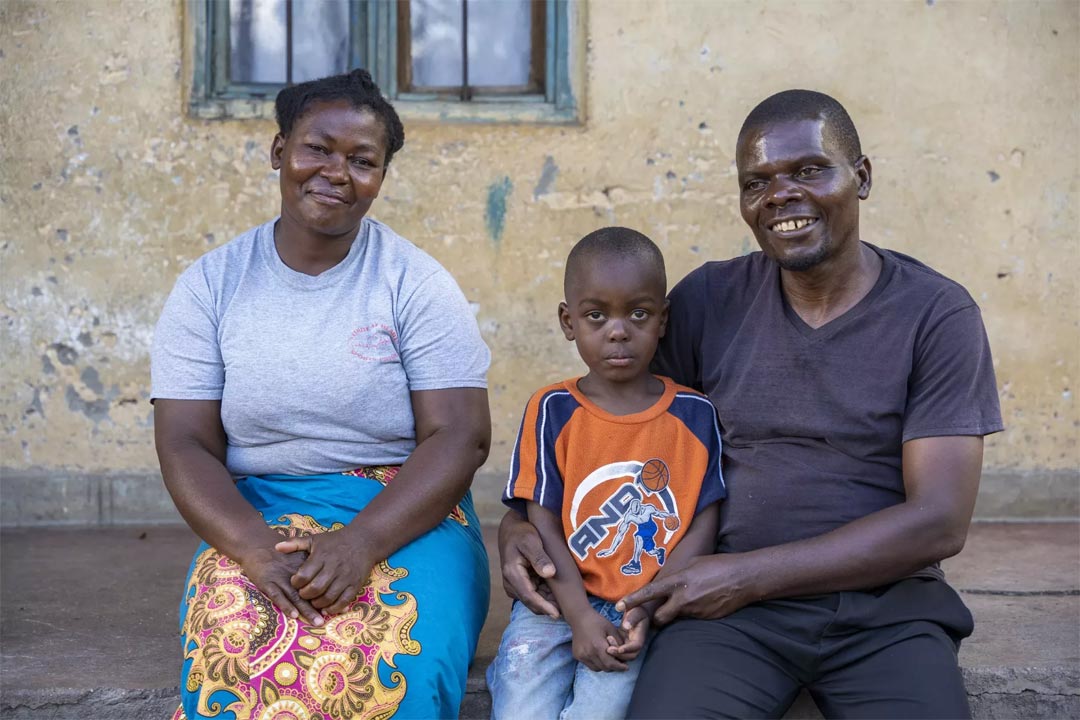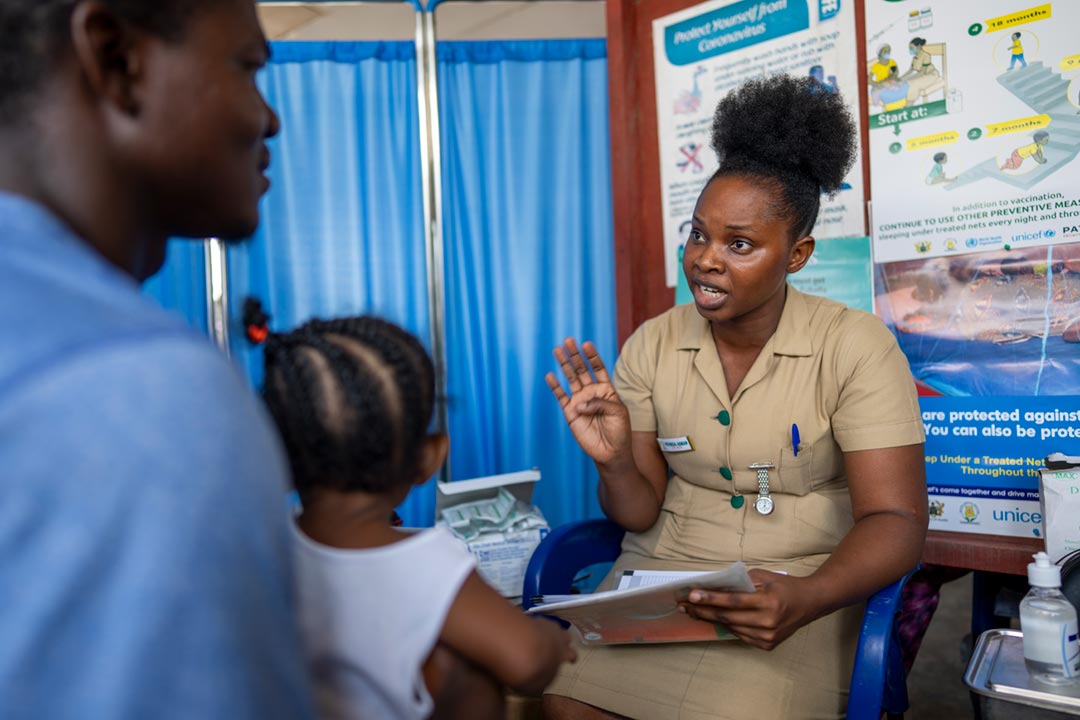In a warming world, the health of our communities rests on the shoulders of women
Women are bearing the brunt of the climate crisis, but they are not just victims. Making up 70% of the health care workforce, women are on the frontlines of the response to the health crisis unfolding because of climate change – we can’t afford not to support them.
- 7 March 2024
- 5 min read
- by Kelly Warden

Eyewitness testimonies of 4,700 health practitioners from the communities hardest hit by climate change reveal how women's bodies are coming under siege from every angle.
Detailed in a report by the Geneva Learning Foundation, in Nigeria, where changing rainfall patterns are exacerbating droughts, menstrual hygiene management expert Linda Raji observes that it is becoming "difficult for community members to access water and much harder for menstrual hygiene management for teenage girls, leading to an increase in infections in the unbearable heat.
Women are not only copping the biggest knock to their health as a result of climate change, they are also bearing the brunt when it comes to responding to these health impacts – not only on women, but their broader communities too.
"Many teenage girls prefer to get pregnant to save them the worry of menstruating monthly for nine months," she explains.
Quoted while working at a government health facility in Isingiro district, Uganda, Mugabekazi Jastine says the destruction of health infrastructure in natural disasters means "mothers who come to deliver at health facilities [have] lacked water to wash after delivery.
"Even the midwives failed to get water to use for cleaning or scrubbing blood off the floor and delivery beds after delivering," she said.
From Lagos State, Nigeria, Iruoma Chinedu Ofortube described how a woman died during labour amid flash flooding and heavy rainfall.
"They couldn't get a strong boat or canoe that could stand the high current and waves coming from the seaside. In the process of searching for a better means of taking her to the nearest health centre, she got exhausted and died."
First responders
Women are not only copping the biggest knock to their health as a result of climate change, they are also bearing the brunt when it comes to responding to these health impacts – not only on women, but their broader communities too.
As the planet warms, an extra 4.7 billion people might be at risk of malaria or dengue by 2070, as climate disasters spur on outbreaks of other diseases like cholera, which often surges in the wake of flooding.
Making up 70% of community health workers globally, it is largely women with their boots on the ground, delivering vaccines and other critical care to communities. In the wake of climate disasters, Women in Global Health (WGH) CEO, Roopa Dhatt, believes they could have an even bigger role to play.
“Women are 90% of the health workers on the frontline, dealing with the aftermath of disasters [and] keeping health systems afloat and their communities alive when the worst happens.” she says.
Have you read?
We can't afford not to empower health care workers
Yet despite this critical role, they are largely over-worked, underfunded and operate in working conditions where they are unprotected from violence.
In December 2022 WGH went into detail on "the widespread problem of sexual violence and harassment experienced by women health workers" in a report based on 235 stories from over 40 countries.
"Health workers of all genders can face violence related to their work, but women disproportionately face sexual exploitation, abuse and harassment, perpetrated primarily by male colleagues, male patients and men in the community," it reads.
A midwife from Chile, for example, described calling for the doctor on duty, "who instead of evaluating the clinical situation of the patient, pushed me and cornered me against a stretcher groping me and exposing his body against mine."
Systemic inequality in the health sector creates an enabling environment for gender-based violence to go on, and unequal pay is a symptom of this.
Based on 2019 data in the landmark WHO report, Delivered by Women, Led by Men, the health sector pay gap sits at 26% in high-income countries and 29% in upper middle-income countries.
Women in Global Health (WGH) estimates that "at least six million women work in health systems unpaid or grossly underpaid."
They are starting to leave the profession as a result. In their report on the "Great Resignation" published last year, WGH describes an exodus of women leaving the health sector.
“The most severe health worker shortages tend to be in countries and regions with the highest burden of disease and greatest need,” it reads.
WGH's CEO, Dr Dhatt, says, “this is a stark health security threat. Particularly after the COVID-19 pandemic which left the global health workforce with a shortage that the WHO projects to reach 10 million by 2030."
As climate change threatens to cause an additional 14.5 million deaths and US$ 12.5 trillion in economic losses worldwide by 2050, Dr Dhatt warns that , we’ll need all the health care workers we can get if the global health community does not confront these challenges, “we fail to act at our own peril”.
"In listening to them and taking seriously the burdens that they are carrying to keep our societies healthy, we can avert their continued, escalating resignation from and migration... away from health systems.”
Which is why WGH campaigns for women health workers to have a greater share of voice in policy and decision-making forums like the World Health Assembly, which drive the way the world responds to the global climate and health crisis.
"Their leadership is a must,” says Dr Dhatt. “They are the ones who understand the needs of their patients, of their communities – and the challenges and frailties of their health systems.”
More from Kelly Warden
Recommended for you








